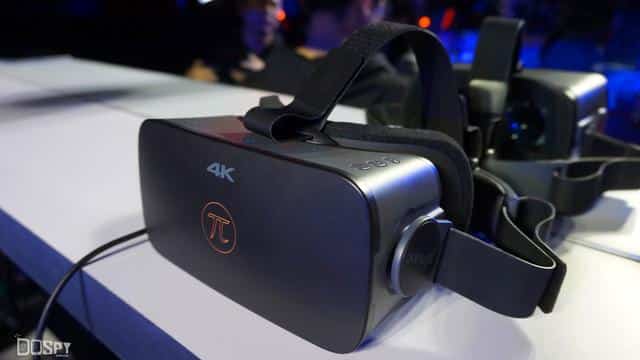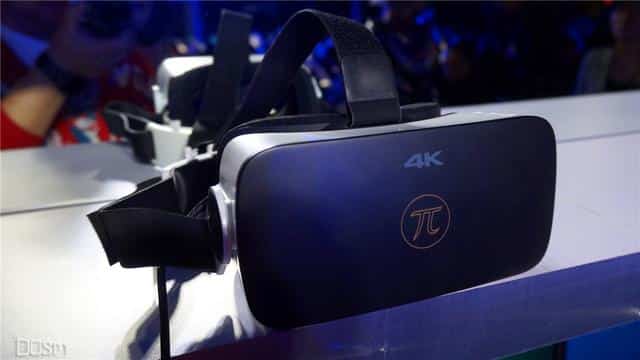Development and Hacking
PIMAX 4K UHD Virtual Reality 3D Headset Review

Because of the slew of problems when it comes to consuming media with a VR headset, the technology hasn’t really advanced as much as we’d hope for. Because of that, reviewing the half-decade old PIMAX 4K UHD Virtual Reality 3D Headset is needed, as it is still a viable option.
Namely, because marketing companies haven’t found a good way to monetize the system, the emphasis is still on virtual reality games. Here, older sets that have good graphics, even if they are slightly heavier than the competition, provide an excellent value.
The three main benefits of the PIMAX 4K UHD Virtual Reality 3D Headset are:
- Good compatibility
- Excellent frame rate
- Good value for money
With the 4K screen, solid hardware power, and excellent compatibility with regular Windows systems, the PIMAX is a very good starting point for someone who wants to enter the world of virtual reality.
Good Sides of the PIMAX 4K UHD Virtual Reality 3D Headset
Primarily, because of the age of the system, the necessary requirements are relatively lower, especially when it comes to graphics processing. Even though it is a 4K system, older GPUs like the GTX 960 or the R9 290 would work perfectly.
The CPU requirements are also relatively low. While the AMD FX 8350 is (objectively) the strongest CPU of the FX series and probably the entire former generation, it is still from the former generation. Newer upper mid-range processors would work just as well.
Even with that hardware needs, the system allows for 4K UHD gaming at 60Hz and a 110 degrees field of view (FOV) which is comparable to some of the best systems on the market today.
The controls are, from the modern standpoint, rudimentary. There aren’t any hand representations and in most cases, you will still need to use the mouse and keyboard for moving inside the game.
Finally, the PIMAX 4K has a reduced blue light emitter which protects your eyes and prevents damage. Combined with the adaptable pupil distance it has many of the features of newer products with even greater compatibility with other systems.
Not to mention that the system allows for glasses, which is not something we see that often.
Downsides and Problems
The primary problem for the PIMAX is the heating. While it is probable that it would last as much as needed, this creates discomfort for the user. And, with the headset being as heavy as it is, additionally sweating is not something you would want.
For larger persons, the size won’t be an issue, as the model is quite well balanced. But, if you have a smaller frame this will cause discomfort if you want to move.
Additionally, the controls are not meant for gaming, even though that is the primary purpose most people use VR sets. No native controls and very limited compatibility with other control systems mean that you will use the PIMAX more as a virtual cinema than as a gaming set.
In the end, the main advantage of the PIMAX is the fact that you won’t need to pay as much as for a newer system to get a great visual experience. While it may not be the end-all-be-all as it was when it came out, it still holds visually. But, if you want the newest gaming experience, there are better, even if more expensive, choices.
-

 Gadgets6 months ago
Gadgets6 months agoCan Dogs Use VR Headsets?
-

 Tech6 months ago
Tech6 months agoWhat Does “Voicemail Pending” Mean?
-

 Phones5 months ago
Phones5 months agoHow Do I Know if My Phone Supports AR?
-

 Tech5 months ago
Tech5 months agoDoes Astigmatism Affect Your VR Experience?
-

 Business5 months ago
Business5 months agoHow Do You Make an AR Without Coding?
-

 Phones5 months ago
Phones5 months agoWhat To Do About That Weird Notification Sound on Android?
-

 Tech4 months ago
Tech4 months agoHow Can I Get Google Drive 1TB for Free?
-

 Phones4 months ago
Phones4 months agoHow Does SnapDrop Work? – Instant File Sharing Made Easy

























